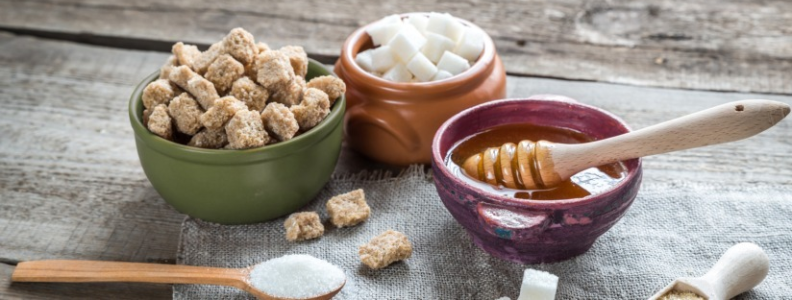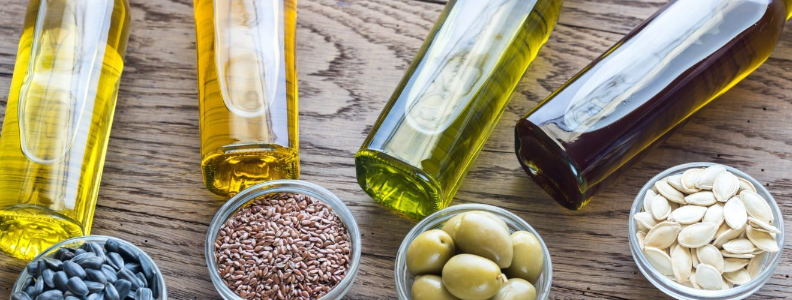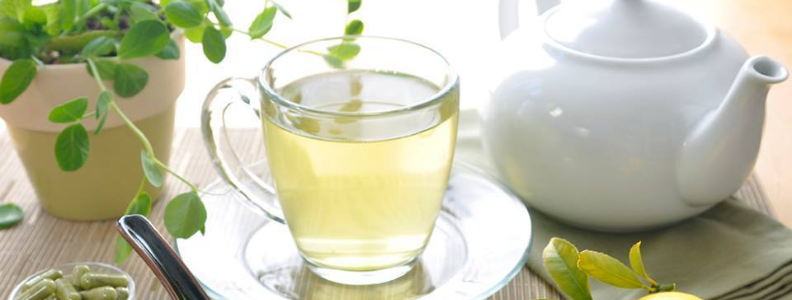Inflammation: 5 Food Swaps You Should Make to Stay Healthy
Inflammation is a result of the body’s response when it tries to fight off something that it considers as a threat to the immune system. Experts believe that inflammation itself is the root cause of a myriad of illnesses such as autoimmune disorders, cardiovascular diseases, digestive dysfunction and even cancer.
Nevertheless, many lifestyle modifications can be adopted to help alleviate inflammation. Some preventive steps that can be taken are: getting enough sleep, hydrating yourself, managing stress, having adequate exercise, and most of all – watching what you eat.
Health coach Jenny Carr says “Of all the things that play a role in inflammation, we have the most control over our food intake. You can seriously eat your way to reduced inflammation.”
She recommends eliminating inflammatory-causing foods from your diet and substituting it with more beneficial food choices.
Ready to start your anti-inflammatory diet? Check out these five suggestions:
1. Goat or sheep milk instead of cow-based dairy
Dairy can be a common allergen that may stimulate inflammatory reactions, apart from that it can also affect hormone and insulin levels.
Carr explains that “The protein molecule is different in goat and sheep dairy options, which hasn’t been shown to be as inflammatory.” She adds, however, that plant-derived milks such as soy or almond are okay, however, she cautions against the sugar content and fillers that these alt-milks typically have.
2. Go gluten-free
According to Carr, gluten and wheat have proteins that are large and hard to digest. Sensitivity to gluten may trigger inflammation.
“If you’re cooking at home, almond flour and coconut flour are the best substitutes for wheat flour, in my opinion,” she suggests; further adding that it’s okay to consume “anything else that says gluten-free and isn’t ultra-processed.”
3. Natural sweeteners as a substitute to processed sugar
Limiting sugar-loaded food, particularly those with processed sugar, is recommended. Labels of packaged products should always be checked for high sugar content. Carr suggests that a diet that’s abundant in fruits and vegetables is best.
4. Opt for healthier cooking oils
Vegetable oils and seed oils, according to Carr, are high in omega-6 fatty acids and may cause inflammation in large amounts. She recommends sheep or goat butter ghee and cautions that when using coconut oil, avocado oil and extra-virgin coconut oil, it should not be heated at high temperatures.
5. Consider dumping alcohol
Decreasing your intake of alcoholic beverages may help in reducing inflammatory symptoms. Carr says “Alcohol is the number-one cause of inflammation in the body,” and suggests a few alternatives such as moringa tea, a turmeric latte or a glass of wine – all of which may help improve the body’s response to inflammation.
Source: Well and Good










